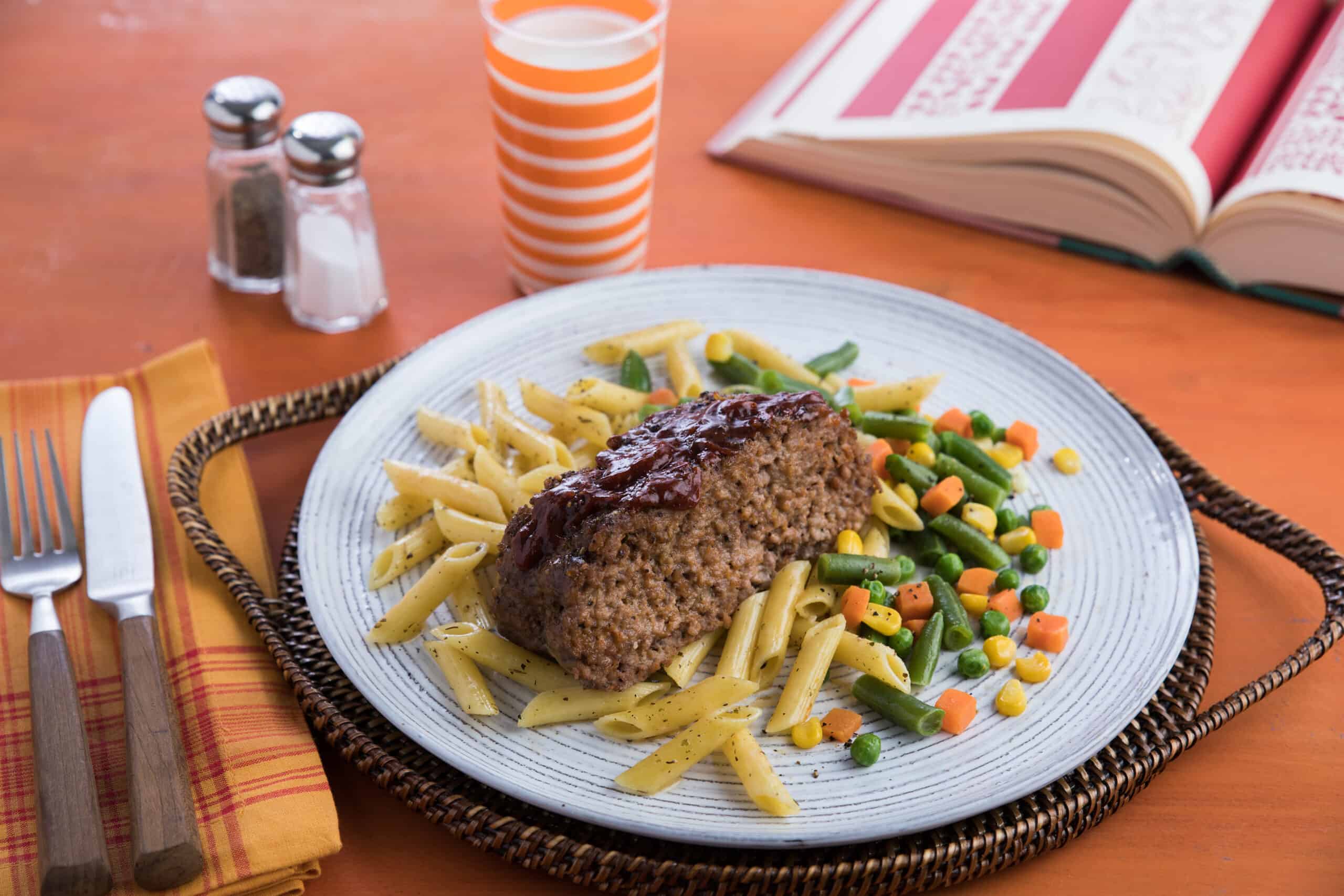As we get older, our digestive system undergoes changes like reduced muscle contractions and less production of stomach acid. While some discomforts might be occasional, addressing digestive woes is crucial for nutrient absorption, healthy elimination, and overall quality of life. Let’s dive into the most prevalent digestive issues among seniors and offer practical tips for finding relief.
1. Constipation
The struggle with infrequent or difficult bowel movements is very common in older adults. Here’s how to combat it:
- Fiber Up: Aim for 25-30g of fiber daily. Soluble fiber is found in oats, beans, and fruit, while insoluble fiber is in whole wheat, vegetables, and nuts. Increase intake gradually to avoid excess gas.
- Hydration Nation: Water helps fiber do its job. Make sure to drink plenty of water throughout the day.
- Move More: Physical activity encourages everything to move through your digestive system. Even gentle exercise like walking is beneficial.
- Doctor’s Discussion: If lifestyle changes aren’t enough, discuss fiber supplements or stool softeners with your doctor.
2. Acid Reflux (GERD)
Stomach acid backing up into the esophagus causes the classic “heartburn” sensation. Strategies to ease discomfort include:
- Food Journal: Note any foods that trigger symptoms (common culprits include spicy, fatty, or acidic foods). Avoid those triggers whenever possible.
- Eat Early Meals 2-3 hours before bed give your stomach time to digest, lowering the risk of reflux at night.
- Smaller Portions: Large meals overwhelm the stomach, so choose smaller meals more frequently.
- Raise the Head: Slightly elevate the head of your bed to encourage gravity to work in your favor while sleeping.
3. Irritable Bowel Syndrome (IBS)
Uncomfortable cramps, bloating, and changes in bowel patterns can signify IBS. Tips for management:
- Stress Reduction: Stress is a big trigger. Incorporate mindfulness, gentle yoga, or breathing exercises into your routine.
- Fiber Finesse: Fiber can help some IBS sufferers, but the wrong type can aggravate symptoms. Experiment to determine your tolerance, or discuss a low-FODMAP diet with your doctor/dietician.
- Probiotic Possibilities: Certain probiotic strains may offer relief for IBS patients. Talk to your doctor for informed guidance.
4. Diverticular Disease
Small pouches (diverticula) can form in a weakened colon. When inflamed, pain and changes in bowel habits occur. Prevention tactics are key:
- High-Fiber Focus: Focus on whole grains, fruits, and vegetables. Aim for adequate daily fiber intake.
- Water Works: Dehydration can increase constipation, worsening diverticular issues.
- Know Your Triggers: Some with diverticular disease notice symptom flare-ups from nuts, seeds, or popcorn.
Important Note: Severe or worsening symptoms of these issues (persistent abdominal pain, changes in stool, etc.) need prompt evaluation by your doctor.
Tips for Overall Digestive Health
- Mindful Eating: Chew slowly, savoring your food to avoid overeating and aid digestion.
- Listen to Your Body: Adjust portions and foods as needed based on your body’s needs.
- Regularity: Keeping a regular meal routine and listening to your body’s elimination cues promote good digestive health.
This blog provides information, not medical advice. Consult your doctor before making significant dietary changes or if symptoms worsen.



